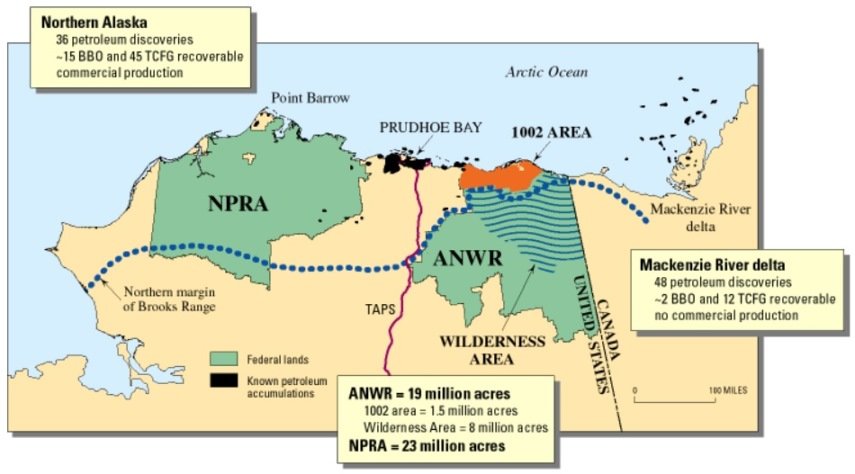D
Deleted member 28227
Guest
To be clear, in the report for area 1002 aka ANWR generated under the Trump administration it would take 10 years for drilling to commence, assuming a successful sale and capital commitments. So whatever thoughts you have about the state of US oil consider what we will be doing in 2040 as that’s really when this thing would have been in peak development.
The sale was not successful with leasing going to the state not operators and pre-sale Wall Street gave it a pass.
The sale was not successful with leasing going to the state not operators and pre-sale Wall Street gave it a pass.
Last edited by a moderator:






